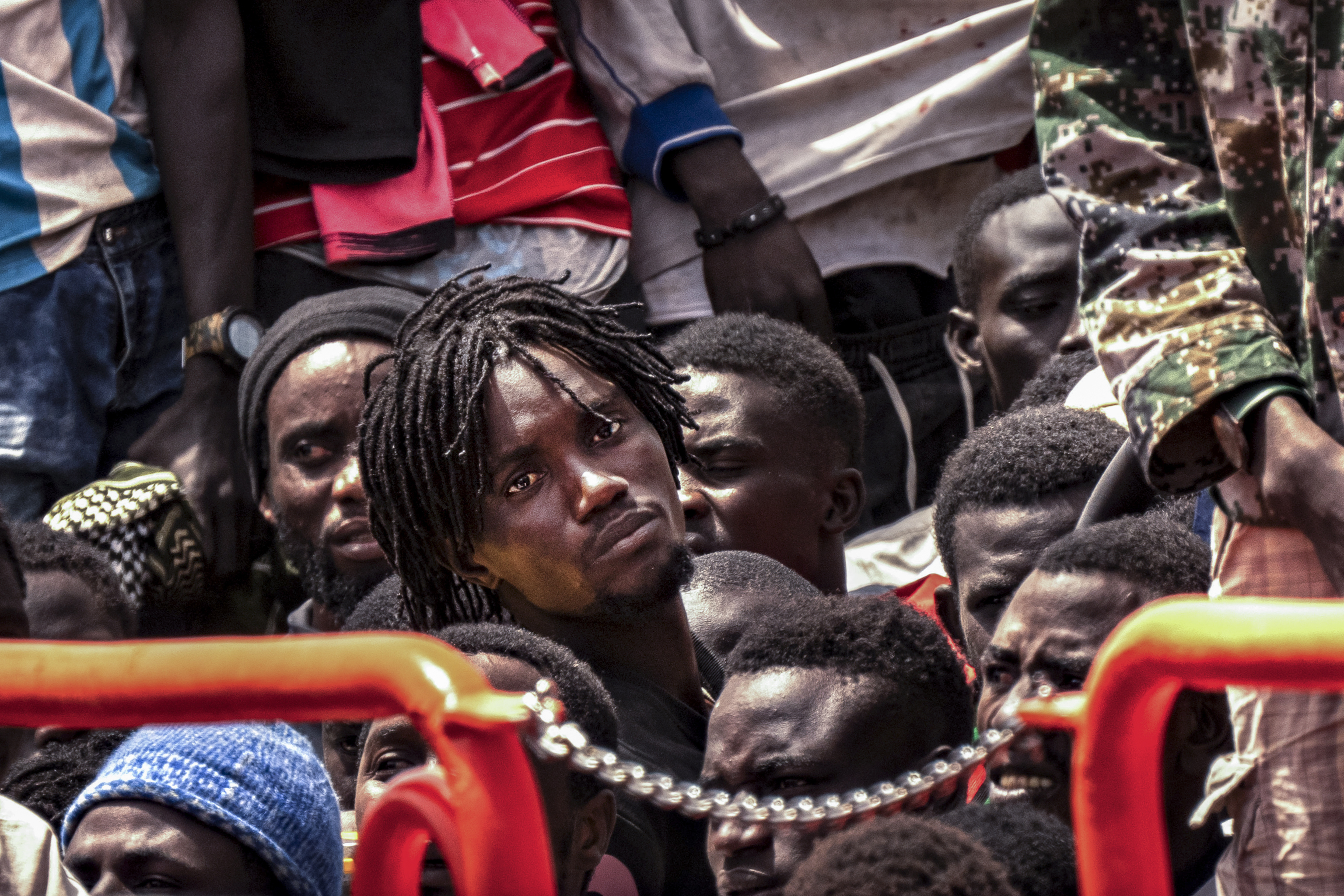Before the beginning of December, Canary Islands has already broken its annual record for irregular arrival of migrant individuals. There hasn't been a single year in the statistical series of the Ministry of the Interior since 2006 where the migration crisis in the archipelago has been of such magnitude. 2024 is already the year with the highest number of people who have arrived in the Canary Islands without meeting the legal requirements: 41,425. One thousand five hundred more than in all of 2023. Additionally, there are over 5,500 unaccompanied children and teenagers crowded in the island's reception centers.
Despite the grandeur of the figures, a political agreement to at least partially unblock the situation is still not close. The national government, the PP, and the governments of the Canary Islands and Ceuta will meet this Thursday to try to make progress towards a solution that allows for the transfer of migrant minors to the rest of the autonomous communities. However, sources from the PP party suggest that reaching an agreement is unlikely because the government of Pedro Sánchez has not yet reached an agreement with the EU to provide more funds to the Canary Islands for a greater deployment of Frontex and a community distribution of minors. Sources from Alberto Núñez Feijóo's team state, "There will be no agreement if this is not agreed with the EU by Thursday morning."
However, the Government of the Canary Islands is not giving up. As EL MUNDO has learned, the island's president, Fernando Clavijo, will present a new proposal for the distribution of migrant minors on Thursday in an attempt to facilitate an agreement. To begin with, he will propose lowering the thresholds from which the central government must finance the expenses of the communities for each minor.
This means suggesting that Pedro Sánchez's government provide more money to regional governments to be able to pay. The document from Coalición Canaria was not finalized yesterday and the PP did not yet have it, as the territorial distribution of minors would depend on the expenditure that the Ministry of Finance can put on the table, and that figure is still pending.
It is worth noting that the Minister of Childhood and Youth, Sira Rego, proposed distributing minors based on the population - Clavijo proposes including four more factors - and for the government to start paying the Autonomous Communities when the current total number of minors (including nationals or non-migrants) exceeds 19,160. However, the 11 regions governed by the PP and the Canary Islands (where they govern in coalition) believe this is insufficient.
Coalición Canaria believes that there is potential to at least make progress in the negotiations. The progress made in Thursday's meeting will be brought to the Conference of Presidents on the 13th, where all regional leaders will discuss, among other topics, the migration crisis.
It is no wonder, based on the data. With December still ahead, the current migration crisis in the Canary Islands already surpasses the collapse experienced in 2023 when 39,910 irregular immigrants arrived throughout the year, and the crisis of the cayucos in 2006 when 31,678 people arrived. 10,000 less than in these 11 months of 2024 (41,425).
In the overall count for Spain, the record of 2018 (64,298 individuals) is not broken, but the overall data for 2023 has already been surpassed. By the end of November, the irregular migrants who arrived in Spain reached 56,976, exceeding the 56,852 who arrived last year. Those arriving in boats and crossing the sea now represent 95.7% of the total. Of these, 75.9% arrived in 640 boats to the Canary Islands.
